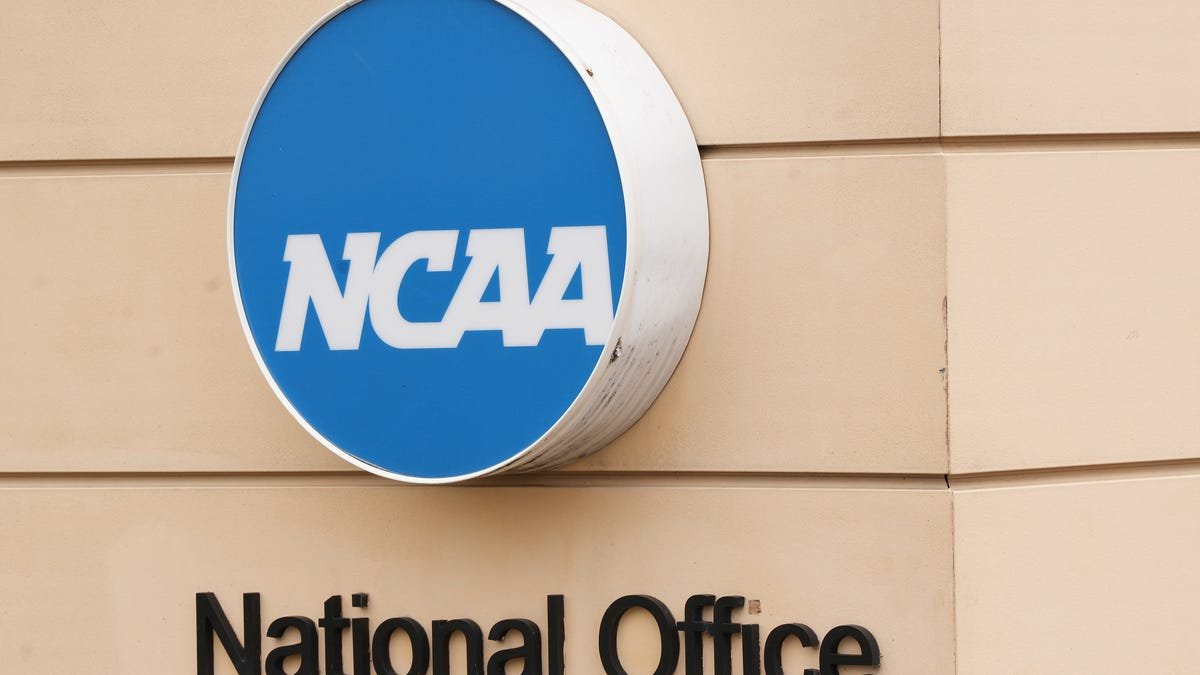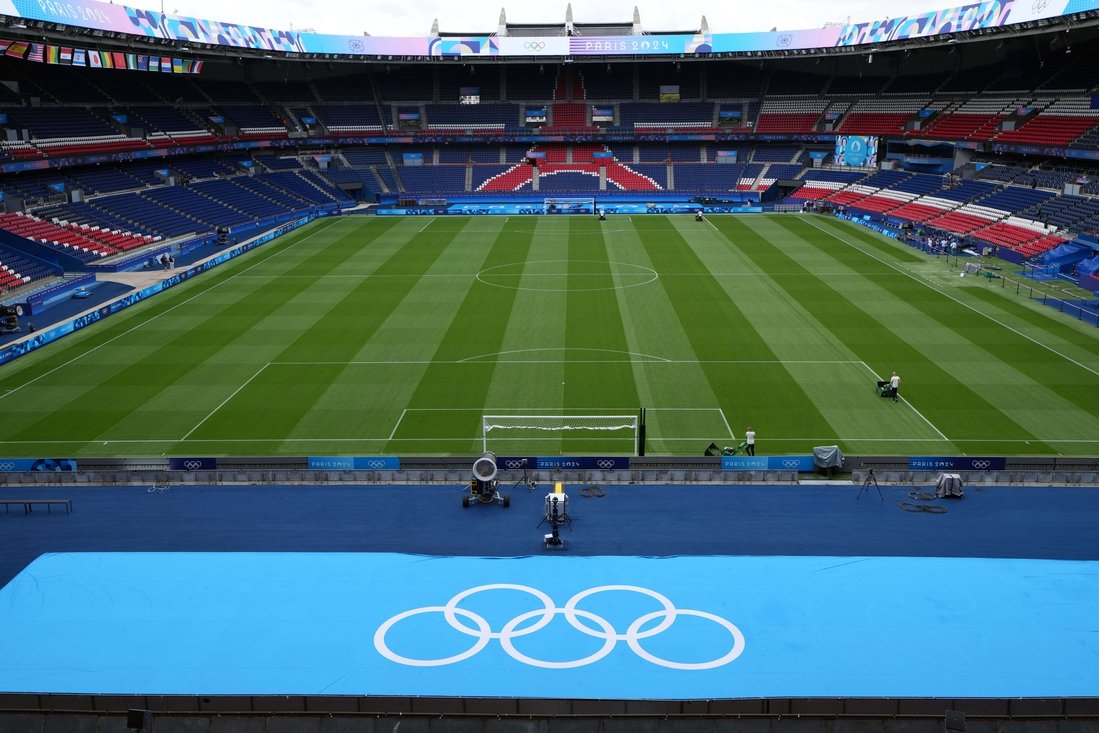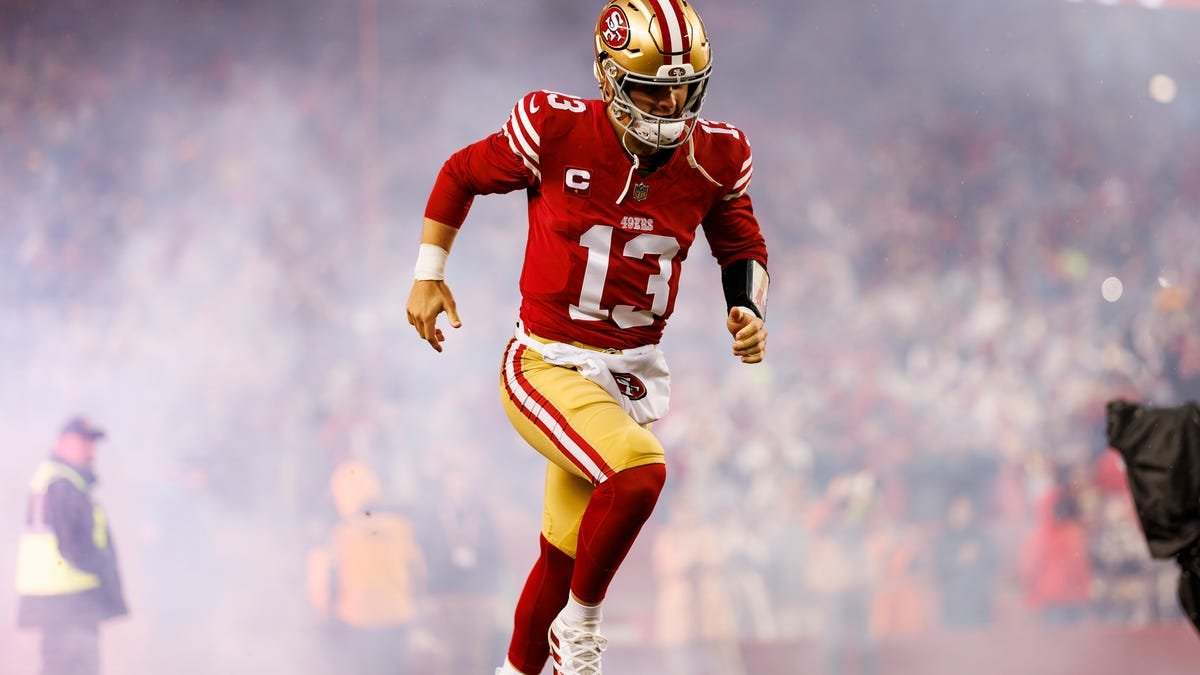The NCAA, the governing body of college athletics in the United States, has been facing a series of challenges in recent years. From legal battles over athlete compensation to criticism over its handling of various scandals, the organization has been under scrutiny like never before. However, a recent ruling in the Tennessee case has stripped the NCAA of one of its last vestiges of power, signaling a significant shift in the landscape of college sports.
In response to the ruling, the NCAA announced that it would be pausing all investigations into booster-backed collectives or other third parties making Name, Image, and Likeness (NIL) deals. This decision effectively removes one of the few remaining tools the NCAA had to regulate the growing influence of outside entities in college athletics. While this move may seem drastic, it reflects a recognition of the changing dynamics of the industry.
The rise of NIL collectives and the increasing commercialization of college sports have created a new reality that the NCAA is struggling to navigate. With legal challenges mounting and the traditional model of amateurism under fire, the organization is finding itself in uncharted territory. NCAA president Charlie Baker’s plan for an antitrust exemption, which would have provided some regulatory framework for NIL deals, has been stalled by legal challenges, leaving the organization without a clear path forward.
In the absence of a comprehensive solution, the NCAA has chosen to take a step back and allow the industry to operate more freely. This decision acknowledges the limitations of the NCAA’s authority and the need for a more sustainable and equitable system. By pausing investigations and giving member institutions leeway to navigate the changing landscape, the NCAA is signaling a willingness to adapt to the new realities of college sports.
While some may see this as a sign of the NCAA’s waning power, others view it as an opportunity for the organization to focus on its core mission. Rather than trying to police every aspect of college athletics, the NCAA can now concentrate on promoting fairness, safety, and sustainability in the industry. By working with conferences and member institutions to establish clear guidelines and standards, the NCAA can help shape a future for college sports that is both profitable and ethical.
Ultimately, the NCAA’s decision to pause investigations into booster-backed collectives is a reflection of the challenges facing the organization. As college sports continue to evolve, the NCAA must adapt to ensure its relevance and effectiveness in the modern era. By embracing change and working collaboratively with stakeholders, the NCAA can help shape a future for college athletics that benefits all involved.





